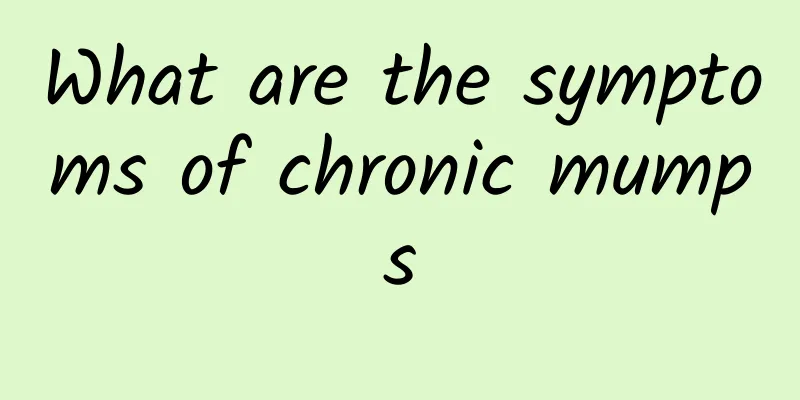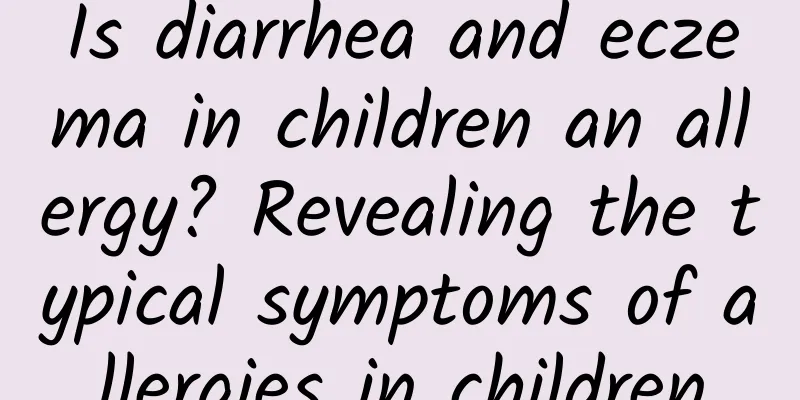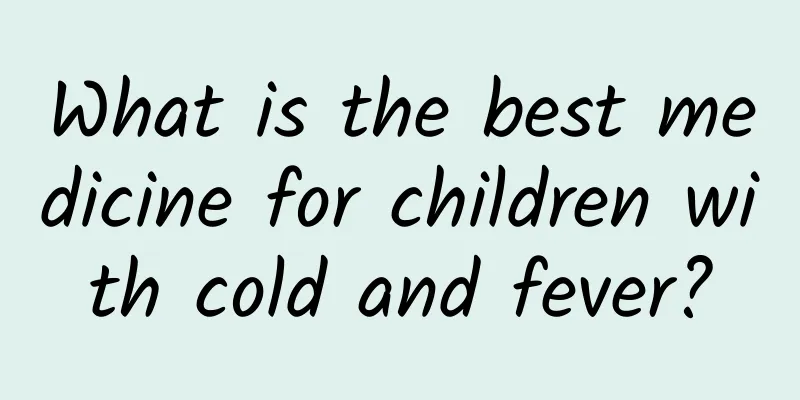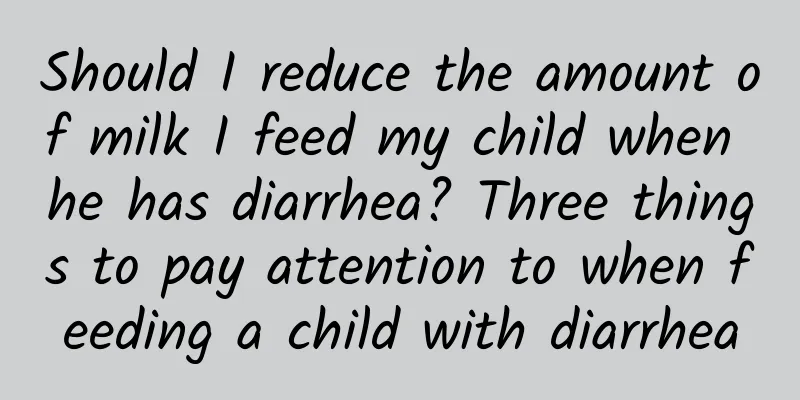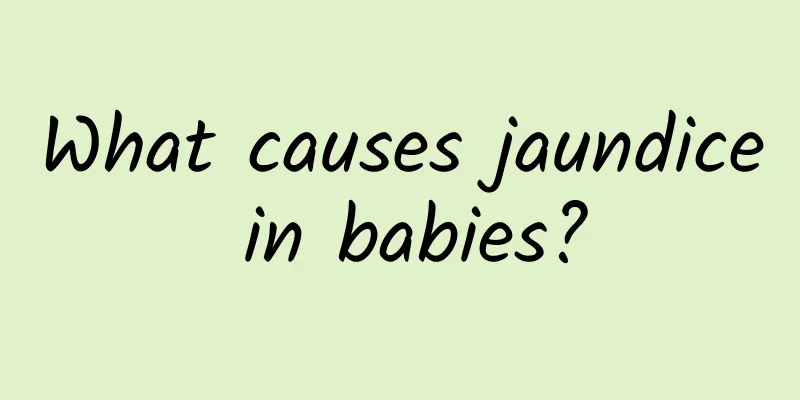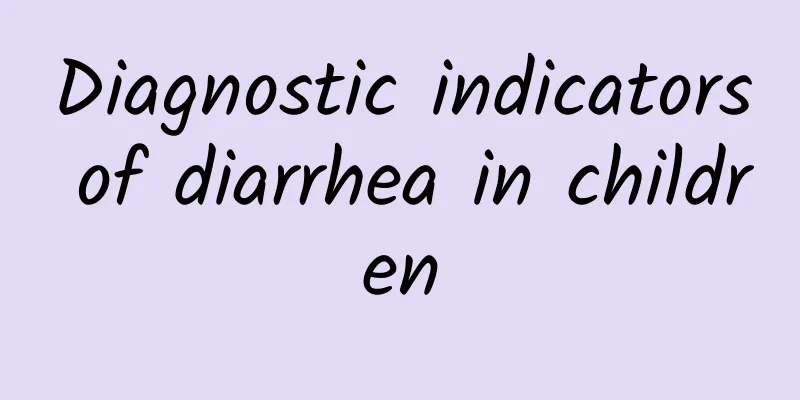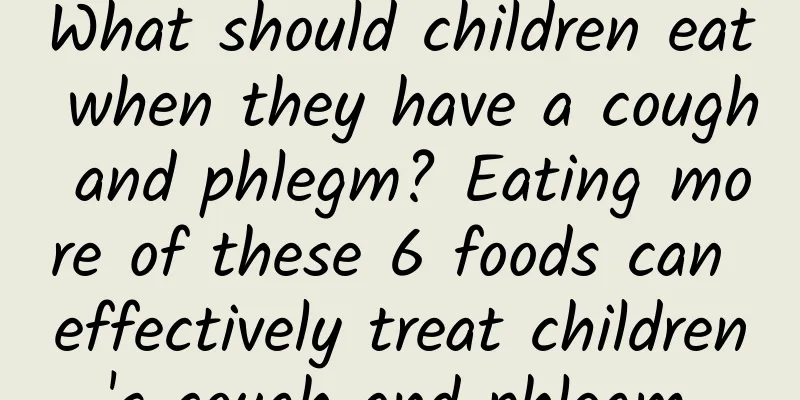How to relieve diarrhea in infants and young children
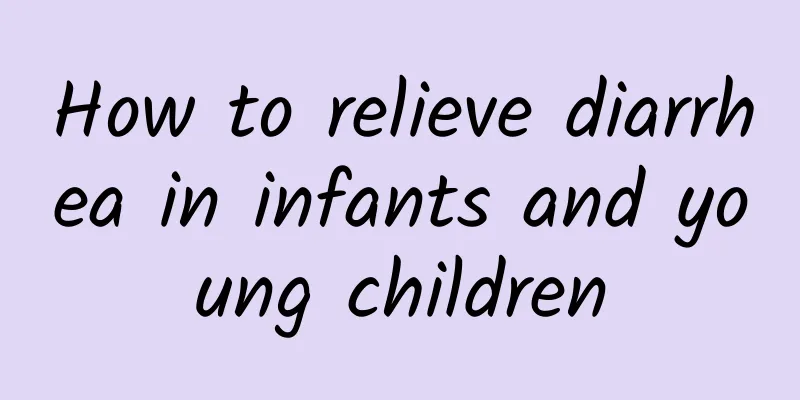
|
Infants and young children have relatively weak constitutions. Once severe diarrhea occurs, if it is not handled properly, not only will the child's diarrhea not be relieved, but it will also pose a great threat to the child's growth. Therefore, after the child has diarrhea, treatment should be carried out immediately. So, how can the diarrhea of infants and young children be relieved? You can find a lot of different textures, colors, and smells in your baby's poopy diaper depending on what he's eating (breast milk, formula, or solid foods). Poop is usually much softer than an adult's, and it's not uncommon for it to be softer than usual at times. But if it's suddenly looser or wetter, happens more often, and occurs in larger quantities, it could be diarrhea. Causes of diarrhea in babies Many things can cause this problem, including: Infections from viruses, bacteria, or parasites. Babies can pick up these germs by touching unclean food or water or by touching a germy surface and then putting their hands in their mouths. Food allergies or allergies to medications Drinking too much juice Poisoning Effects of diarrhea on infants Diarrhea causes the body to lose too much water and minerals called electrolytes. This can lead to dehydration. Dehydration can happen quickly in babies -- within a day or two after diarrhea starts -- and it can be dangerous, especially in newborns. Call your baby's doctor if you notice your baby showing signs of dehydration: Less urine (fewer diapers) Acting irritable and angry Dry mouth He has no tears when he cries Unusual sleepiness or dullness A sunken soft spot on a baby's head Skin is not as elastic as usual (does not bounce back when gently pinched) Also, see a doctor if your baby has diarrhea and is younger than 6 months old or has any of the following symptoms: Fever of 102 degrees or higher Abdominal pain He has blood or pus in his poop, or his poop is black, white, or red. slow Vomit 1. Never fast. Regardless of the cause of diarrhea, although the digestive tract function of infants is reduced, they can still digest and absorb some nutrients, so breastfed infants should continue to be fed as long as they want to eat. For infants who drink milk, the amount of milk can be reduced by about 1/3 each time, and a little water can be added to the milk. If the infant is not eating enough after the reduction, you can add salty rice soup, or feed carrot water, fresh vegetable water to supplement inorganic salts and vitamins. For infants who have already been fed porridge and other supplementary foods, the amount of these foods can be slightly reduced. Make sure to feed water according to the infant's thirst. 2. Early detection of dehydration. When a baby has severe diarrhea, accompanied by vomiting, fever, thirst, dry lips, little or no urine, sunken eye sockets and anterior fontanelles, and the baby becomes "thin" in a short period of time, the skin becomes "wilted", and the baby cries without tears, this indicates that dehydration has occurred and the sick child should be sent to the hospital for treatment in time. 3. Prevent dehydration. Use oral rehydration salts to continuously replenish the water and salt lost due to diarrhea and vomiting, and dehydration will not occur. 1000 ml of oral rehydration salts (ORS) contains 3.5 grams of sodium chloride, 2.5 grams of sodium bicarbonate, 1.5 grams of potassium chloride, and 20 grams of glucose. The dosage is based on the doctor's advice, but the amount and drinking speed for preventing dehydration and treating dehydration are different. The sugar concentration of oral rehydration salts is 2%. Studies have shown that this sugar concentration is most conducive to mediating salt and water into the body to replenish the loss during diarrhea. Its effectiveness has been recognized worldwide as a good medicine for preventing and treating diarrhea and dehydration. 4. Do not abuse antibiotics. Many mild diarrhea can be cured without antibiotics or other anti-inflammatory drugs. Or taking microecological preparations such as Mommy Love, water-absorbing drugs such as Smecta can also quickly cure the disease. Especially autumn diarrhea is caused by viral infection. The use of antibiotics is not only ineffective, but harmful. Antibiotics can be used for bacterial dysentery or other bacterial diarrhea, but it must be treated under the guidance of a doctor. 5. Provide good home care. Parents should carefully observe the nature, color, frequency and amount of stool, and keep the abnormal part of the stool as a specimen for testing to find the cause of diarrhea; pay attention to keeping the abdomen warm to reduce intestinal peristalsis, and wrap the abdomen with a towel or apply a hot water bottle to the abdomen; pay attention to letting the baby rest more, wash the buttocks with warm water after defecation to prevent red buttocks, and wash the diapers, boil them for disinfection, and dry them before use. |
<<: What are the typical symptoms of ADHD in adults?
Recommend
How can parents prevent neonatal jaundice?
Newborn babies are prone to jaundice. In many cas...
Nursing of complications of pneumonia in children
Neonatal pneumonia is a lung disease with very co...
What are the symptoms of mumps
Mumps, this name may sound unfamiliar, but it is ...
How to prevent acute laryngitis in children
How to prevent acute laryngitis in children? In f...
What are the height and weight standards for normal children and girls? What are the main factors that affect the height and weight of normal children and girls?
With the change of concepts, many parents have be...
ADHD affects children's learning
The occurrence of diseases such as ADHD in childr...
How to choose a better hospital for treating acute laryngitis in children
At present, there are many hospitals specializing...
How to cure jaundice in children
Pediatric jaundice can be treated through phototh...
What medicine can children take to get better quickly from acute mumps?
Acute mumps is mostly caused by viral infection. ...
What medicine is good for children's colds? Four principles should be kept in mind when taking medicine for children's colds
Children's colds can cause symptoms such as r...
Is patent ductus arteriosus difficult to cure?
Is patent ductus arteriosus difficult to cure? Th...
Recommendations for the prevention and treatment of breast milk diarrhea in the community
What are the community prevention and treatment r...
Early symptoms of mumps
The initial symptoms of mumps are usually swellin...
Is herpetic pharyngitis hand, foot and mouth disease?
Although both herpetic pharyngitis and hand, foot...
What are the symptoms of neonatal jaundice?
The main symptoms of neonatal jaundice include ye...
